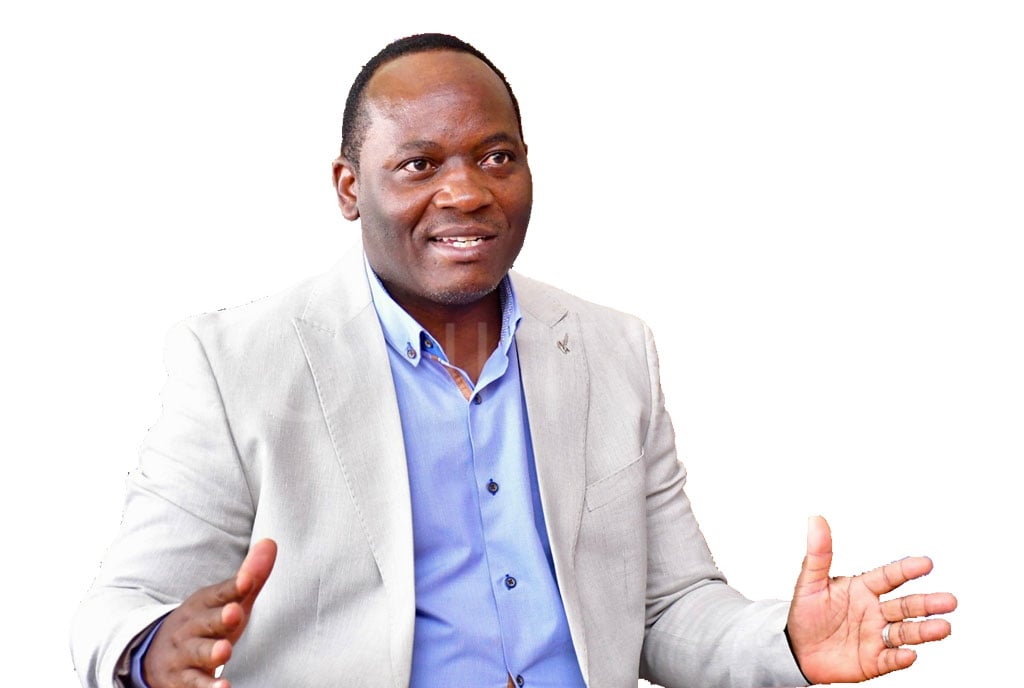Prime
Does anybody really care?

Dr Muyanga Andrew Mark
What you need to know:
- Beyond the masters courses’ physical demands, SHOs confront pressure on multiple fronts. Juggling rigorous academic pursuits with responsibilities as spouses and parents becomes challenging in a timeframe seemingly shorter than the conventional 24 hours a day.
Lately, Senior House Officers (SHOs), fully qualified and licensed doctors specializing in various medical fields in different Ugandan teaching hospitals, have been succumbing to the complications of substance use disorders (drug abuse).
In November alone, the Ugandan medical community struggled with news of the untimely deaths of two very promising SHOs due to complications of drug abuse.
Numerous unaddressed challenges compel SHOs to resort to these substances, ranging from the overwhelming academic loads to enduring abnormally long, grueling shifts, with some enduring nightmare 36-hour work shifts.
The persistent, extreme fatigue initially prompts the use of “benign” stimulants like coffee, but as the demands of courses, wards and the body intensify, some have often found themselves drawn into the realms of various deadly substances.
Beyond the masters courses’ physical demands, SHOs confront pressure on multiple fronts. Juggling rigorous academic pursuits with responsibilities as spouses and parents becomes challenging in a timeframe seemingly shorter than the conventional 24 hours a day.
The recent reduction of their allowance from Shs1.8 million to Shs1 million worsens this situation. These meager allowances amidst rumours of being scrapped, now take four to six months to reach their desperate recipients. Diligently caring for patients for years, they find themselves exhausted, unwell, and depressed, grappling with the very drugs they believed would provide refuge. In this vulnerable state, the realization dawns that there is no one to turn to! Seeking help poses the risk of tarnishing hard-earned professional reputations. After all, who would want medical attention from a doctor labeled a junkie? Despite the desire for assistance, there’s a notable shortage of doctor-tailored programs to extend a helping hand to them in their lowest moments, guiding them out of the abyss while preserving their dignity. In this stark reality, the question arises: What is the purpose of dedicating each day to saving fellow countrymen when, as SHOs and doctors, the specter of dying unnoticed and uncared for
looms large? To address this pressing issue, a multifaceted approach is essential.
One pivotal solution involves the establishment of specialized mental health support programs. These programs would provide essential counseling services and peer support, tailored to the unique challenges faced by SHOs and other doctors. By fostering a culture of openness and understanding, the stigma associated with seeking help for mental health challenges could be diminished.
Workplace wellness initiatives must be implemented within teaching hospitals. Regular breaks, stress management workshops, and mindfulness programs can significantly contribute to mitigating the impact of demanding schedules and promoting a healthier work-life balance.
Advocacy for fair compensation and timely disbursement of allowances is paramount. Furthermore, regulations on working hours should be advocated to prevent excessively long shifts, reducing fatigue-related issues.
Educational programmes aimed at raising awareness about substance use disorders within the medical community will play a crucial role. Peer monitoring systems among doctors and specialized rehabilitation programs are imperative. These programs should address substance use disorders while preserving the professional dignity of those seeking assistance.
Indeed, one may argue that while emotionally captivating, these submissions still remain devoid of statistics to lend them true substance. Two young SHOs succumbed to drugs within two weeks. How many doctors must perish before we consider enough compelling evidence to act?
Is it 10, 20 or 30 a month? Now is the time for the Ministry of Health in collaboration with the Ministry of Education and Sports, UMDPC, UMA, Uganda Association of Psychiatrists and other key stakeholders, to address the issue of mental health-related challenges among doctors!
Dr Muyanga Andrew Mark, SHO (Master of Medicine in Psychiatry – Makerere College of Health Sciences)




